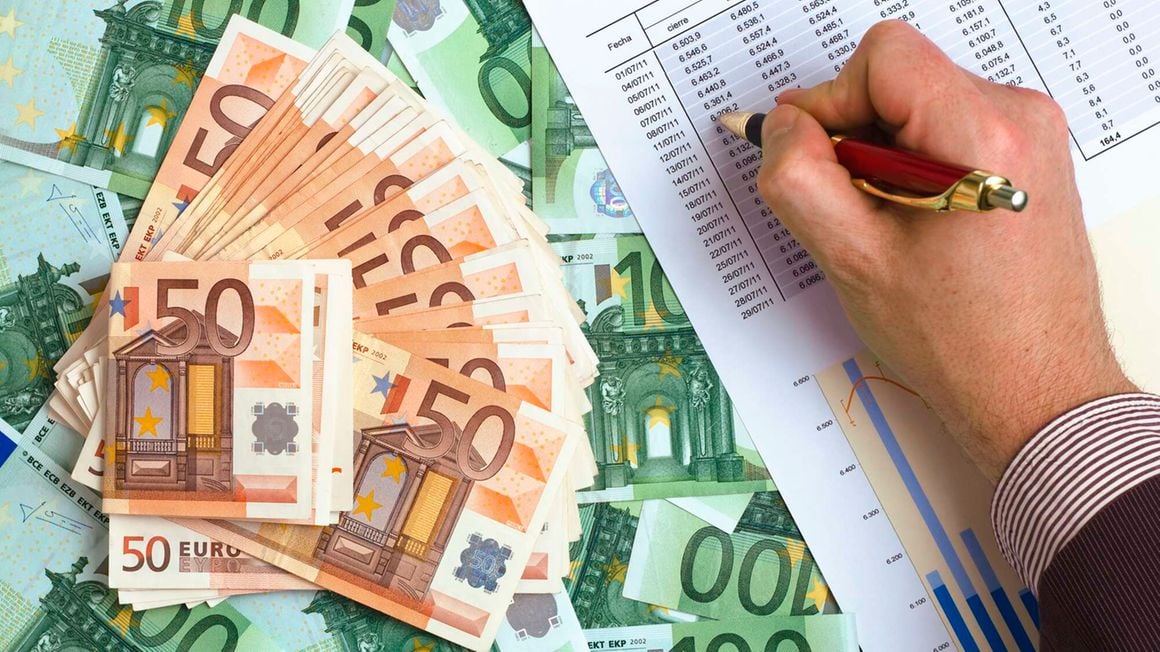
The recovery of prices of Kenya’s inaugural Eurobond has reduced potential savings the country may make. PHOTO | SHUTTERSTOCK
The recovery of prices of Kenya’s inaugural Eurobond which matures in June next year, has reduced potential savings the country may make from an early partial
redemption of $300 million (Sh46.1 billion) this month.Market data shows that prices of the $2 billion bond on the London and Irish stock exchanges have rallied from lows of 86.67 cents on the dollar on May 2 to 96.97 cents on Thursday (December 14), leaving a minor discount from the full price.
The rally indicates that investors are confident that the government will redeem the bond in full on maturity.
The government announced that it will make a partial redemption of the 2024 bond by the close of this month, buying back $300 million (Sh46.1 billion) worth of the securities that were issued at an interest rate of 6.875 percent.
Read: Volatility hits Kenya's $2bn Eurobond close to maturity
The government has not explained how it will make the partial redemption, whether through purchases at prevailing market prices or a tender offer which will require buying out investors at full price or a premium.
Analysts say the recovery of the bond’s prices, which has lowered its yields (returns) to the current level of 13.1 percent from highs of 20.54 percent on May 2, is attributed to the expected lowering of interest rates next year in developed economies led by the United States.
“There has been a mix of both idiosyncratic and broader factors that can be attributed to the narrowing of the yields. This week, the Fed dovish sentiment boosted bonds across frontier and emerging markets. A recent idiosyncratic case came when the government affirmed plans of a potential buyback,” noted IC Asset Managers Economist Churchill Ogutu.
Earlier, there were uncertainties about Kenya’s ability to repay the 2024 bond amid a tight budget and weakening of the shilling that has inflated the value of the country’s debt denominated in foreign currencies.
Kenya, like most other African countries, has not issued new international bonds in the past few years owing to a sharp increase in interest rates and concerns over their creditworthiness.
This has in turn raised uncertainty over their ability to redeem existing obligations, with Kenya now saying it will use resources from multilateral partners such as the International Monetary Fund and the World Bank to repay the 2024 bond.
While an early buyback of the bond may not result in notable savings for the government, the move is still viewed as crucial signalling by Kenya of its ability to repay its debt.
“There have been concerns around the 2024 Eurobond maturity and a buyback now would serve as a signalling effect. I think the timing of the buyback may be right after payment of the semi-annual payment due this week as that’s when the pricing is lower and there is a minimum accrued interest,” added Mr Ogutu.
Read: Four banks shortlisted as lead arrangers for new Eurobond
In October, the government picked Citi and South Africa's Standard Group to advise it on how to handle a $2 billion Eurobond that is maturing in June 2024.
This comes at a time when a surge in yields has effectively locked many frontier economies out of the market.
The country's debt load and weakening shilling currency have also fuelled concerns about the maturing bond.
→ kmuiruri@ke.nationmedia.com




No comments :
Post a Comment